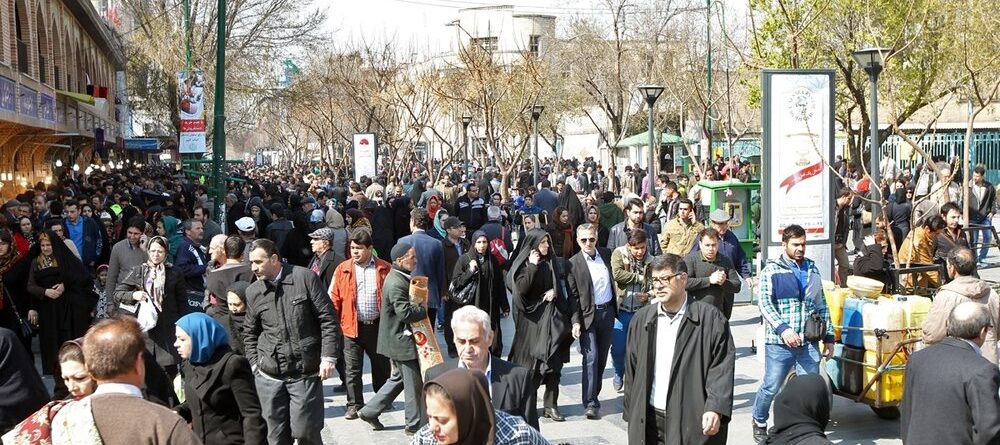Iran’s Health Ministry Warns of Ageing Population
Iran’s Deputy Health Minister Hossein Farshidi issued a warning about the country’s ageing population, claiming it will double within the next 20 years.
Speaking on World Elderly Day Farshidi said the demographic change is happening much faster than in many developed countries, where it took over a century to see such a rise in the elderly population.
He attributed the trend to global increases in life expectancy and significant reductions in fertility rates during the 20th century. He stressed that Iran has experienced similar demographic shifts, and if it continues, the elderly population will grow significantly.
Iran’s Supreme Leader, Ali Khamenei, has stressed the importance of increasing the country’s shrinking population to 150 million. However, Iran has been facing a steady decline in birth rates over recent decades. In the early 1980s, the population growth rate was as high as 4.8 percent, but it has since dropped to below one percent in the past decade.
In the last 10 years, Iran’s healthcare system has significantly limited screening tests and legal abortions, and it has completely halted its decades-old family planning programs to increase population. Screening tests introduced in 1991 as part of mandatory premarital blood tests to prevent non-communicable diseases have been abandoned.
The government has also prohibited the sale of contraceptives and taken strict action against healthcare providers who assist in terminations outside the healthcare system, leading to the closure of their clinics.
Read more iranintl











